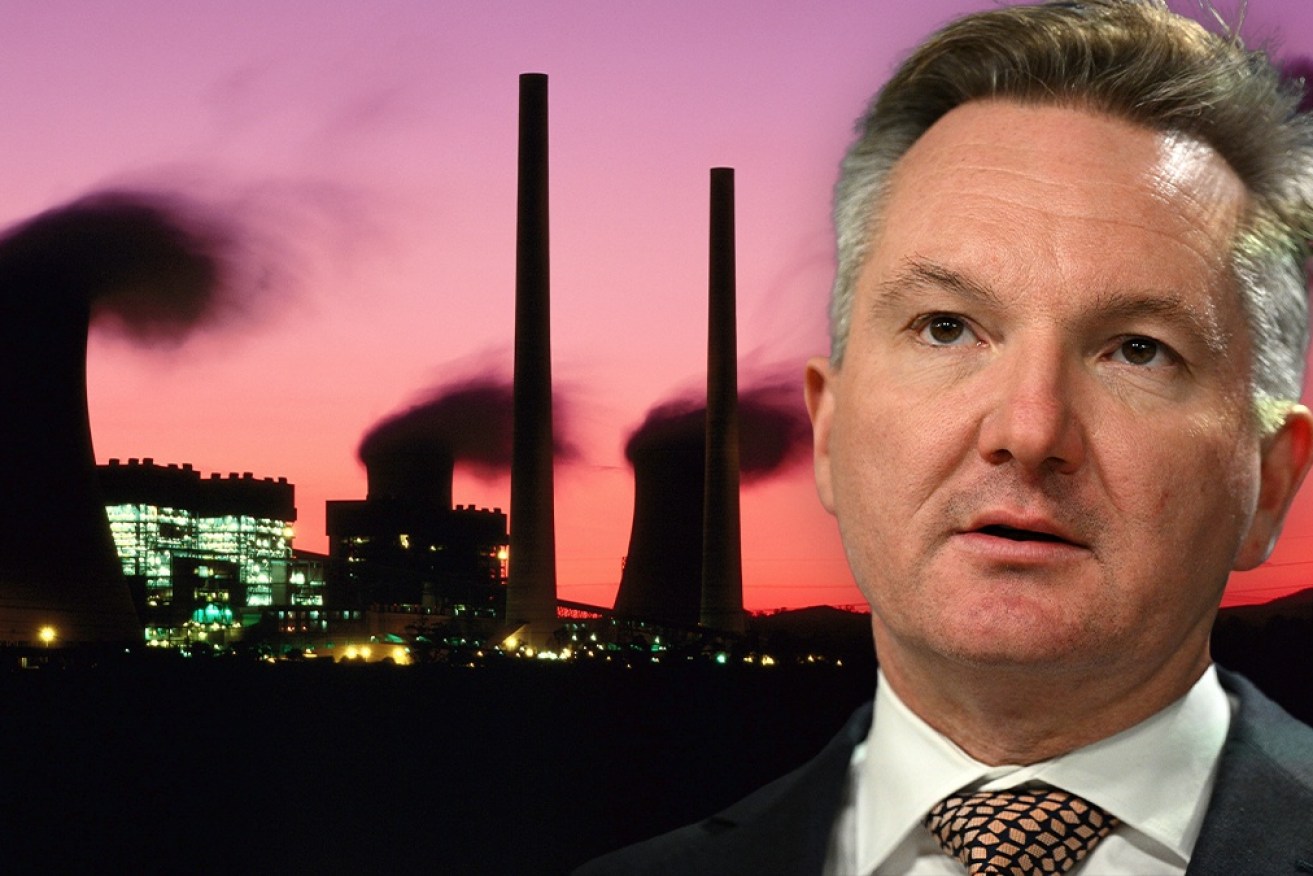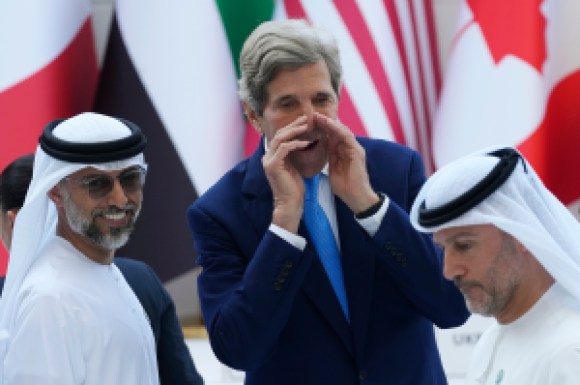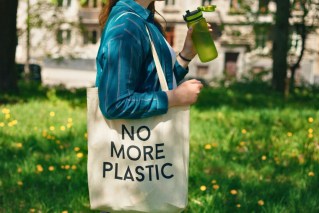Global climate summit draws a clean, green ring around 2030


Chris Bowen promises power prices will drop as more wind and solar replace polluting fossil fuels.
Governments of 118 countries, including Australia, have pledged to triple the world’s renewable energy capacity by 2030 at the United Nations’ COP28 climate summit.
The pledge was among a slew of COP28 announcements on Saturday aimed at decarbonising the energy sector – source of about three-quarters of global greenhouse gas emissions – that included expanding nuclear power, cutting methane emissions and choking off private finance for coal power.
“This can and will help transition the world away from unabated coal,” said Sultan al-Jaber, the United Arab Emirates’ COP28 summit president.
Led by the European Union, United States and UAE, the pledge also said tripling renewable energy would help remove CO2-emitting fossil fuels from the world’s energy system by 2050 at the latest.
While China and India have signalled support for tripling renewable energy by 2030, neither backed the overall pledge – which pairs the ramp-up in clean power with a reduction in fossil fuel use.

US envoy John Kerry says the world cannot achieve “net zero” emissions without new nuclear reactors.
“Australia has the highest penetration of rooftop solar in the world and has a plan to get to 82 per cent renewables by 2030 to deliver cleaner, cheaper and more reliable energy,” Climate Change Minister Chris Bowen said in a statement.
Bowen: ‘Cleanest and cheapest’
He said for emissions to go down around the world, a big international push was needed.
“Australia has the resources and the smarts to help supply the world with clean energy technologies to drive down those emissions while spurring new Australian industry,” he added.
“We know that renewables are the cleanest and cheapest form of energy – and that energy efficiency can also help drive down bills and emissions,”
Backers including the EU and UAE want the renewable energy pledge included in the final UN climate summit decision, to make it a global goal.
That would require consensus among the nearly 200 countries present.
The proposed pledge also calls for “the phase down of unabated coal power” and an end to the financing of new coal-fired power plants.
It also included a target to double the global rate of energy efficiency by 2030.
Greenwash cautions
Climate vulnerable countries insisted that the goals must be paired with a deal among countries at COP28 to phase out the world’s use of fossil fuels.
“It is only half the solution. The pledge can’t greenwash countries that are simultaneously expanding fossil fuel production,” said Tina Stege, climate envoy for the Marshall Islands.
While deployment of renewables like solar and wind has been surging globally for years, rising costs, labour constraints and supply chain issues have forced project delays and cancellations in recent months, costing developers like Orsted and BP billions of dollars in writedowns.
Hitting the target for 10,000 gigawatts of global installed renewable energy by 2030 will also require governments and financial institutions to hike investment and subsidies and address the high cost of capital that has stymied renewable energy projects in developing nations.
“The mismatch still exists between our potentiality and our limitations to attract investment,” said Najib Ahmed, a consultant at Somalia’s climate ministry.
Africa has received just 2 per cent of global investments in renewable energy over the last two decades, the International Renewable Energy Agency said.
Nuclear side deal
More than 20 countries also signed a declaration on Saturday aiming to triple nuclear power capacity by 2050, with US climate envoy John Kerry saying the world cannot achieve “net zero” emissions without building new reactors.
“We are not making the argument that this is absolutely going to be the sweeping alternative to every other energy source,” Kerry said during a launch ceremony at COP28.
“But… you can’t get to net-zero 2050 without some nuclear, just as you can’t get there without some use of carbon capture, utilisation and storage,” Kerry said.
Global nuclear capacity now stands at 370 gigawatts, with 31 countries running reactors.
Tripling that capacity by 2050 would require a significant scaling up in new approvals – and finance.
Taking aim at coal
France said it would rally a group of countries to ask the OECD to measure the climate and financial risks attached to investing in new coal assets, to deter private financiers from backing projects.
Coal users Kosovo and the Dominican Republic also agreed to develop plans to phase out their coal-fuelled power.
Meanwhile, nearly 50 oil and gas companies including Exxon Mobil signed the Oil and Gas Decarbonisation Charter, an initiative driven by COP president Jaber to cut operational emissions by 2050.
The charter was criticised by environmental groups who said the commitments were merely a distraction from the COP28 process and fail to deal with the emissions caused by burning fossil fuels.
Pope Francis: ‘Time is short’
The destruction of the environment is “an offence against God”, Pope Francis has told world leaders gathered at the summit, saying climate has “run amok”.
The 86-year-old had planned to attend the conference but a lung inflammation forced him to remain in the Vatican.
Tweet from @Pontifex
“Even so, I am with you, because time is short.
“I am with you because now more than ever, the future of us all depends on the present that we now choose.
Francis has made defences of the environment a main part of the social teaching of his 10-year-old papacy, writing two major documents on the topic – in 2015 and in October.
Francis returned to the main themes of both writings but in his message to COP28 delegates, he appealed directly to them, saying “it is essential that there be a breakthrough that is not a partial change of course” in Dubai.
“May this COP prove to be a turning point, demonstrating a clear and tangible political will that can lead to a decisive acceleration of ecological transition,” he said.
“May we be attentive to the cry of the earth, may we hear the plea of the poor, may we be sensitive to the hopes of the young and the dreams of children,” he said.
—AAP








